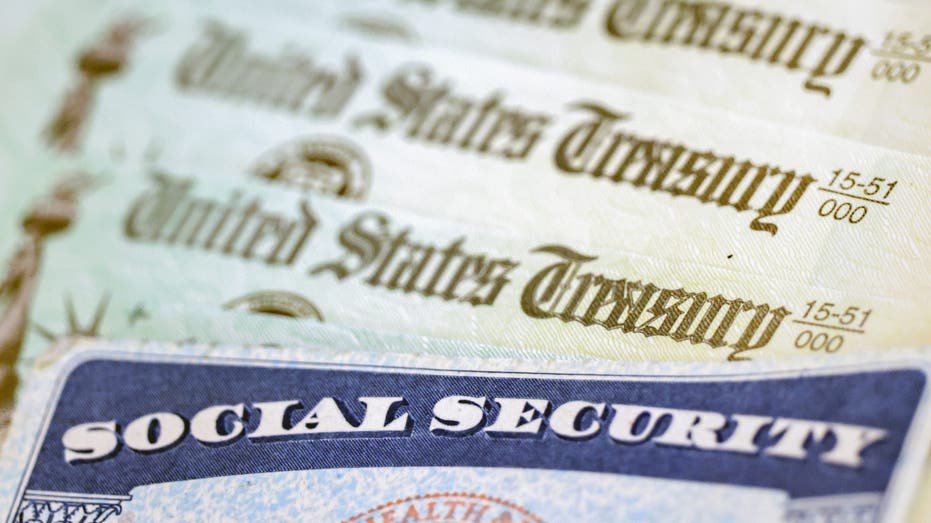Is Your Social Security Number on the Dark Web? Here’s How to Protect Yourself

Your Social Security Number (SSN) is one of the most critical pieces of personal information you possess. Unfortunately, it’s likely that your SSN, along with those of millions of other Americans, has been compromised and traded on the Dark Web. But don’t panic just yet; there are proactive steps you can take to safeguard your identity.
Why Is Your SSN So Important?
Your SSN serves as the key to your financial and personal identity. It uniquely identifies you across various government and financial systems. With access to your SSN, criminals can:
- Open credit card accounts in your name
- Apply for loans
- Steal your tax refunds
- Access government benefits
- Even secure employment
Given these risks, it’s imperative to keep your SSN secure and monitor any unusual activity.
Immediate Actions to Protect Your SSN
One effective way to protect your Social Security number is by using the government’s free Self Lock feature. This tool prevents unauthorized employment verifications of your SSN. To utilize this feature, you will need to set up an E-Verify account online.
If you prefer speaking with someone, you can call the Social Security Administration at 1-800-772-1213 to request a block on your SSN. Just be prepared for potential long wait times.
Stay Proactive: Monitor Your Records
The Social Security Administration offers free access to your earnings and benefits history through the my Social Security account. This is available to everyone, even if you do not currently receive benefits. It’s wise to check your account at least once a year to ensure all reported income matches your actual work history.
If you created your Social Security username more than three years ago, you’ll need to set up a Login.gov account or use an ID.me account to access your records.
Red Flags to Watch For
How can you tell if your SSN has been compromised? Here are some warning signs:
1. Unexpected Bills or Accounts
If you receive bills or statements for accounts you did not open, it may indicate that someone is using your SSN to commit fraud. In such cases, contact the company immediately and consider placing a credit freeze.
2. Incorrect Tax Forms
Receiving tax forms like W-2s or 1099s from employers you’ve never worked for can signal identity theft. This situation often arises when someone uses your SSN to gain employment illegitimately. Report any suspicious tax forms to the IRS right away.
3. Tax Filing Issues
If you file your taxes only to receive a notice stating someone else has already filed using your SSN, this indicates potential fraud. It’s crucial to act quickly in this situation by visiting IdentityTheft.gov to file a report. You may also need to complete IRS Form 14039, the Identity Theft Affidavit.
Pro Tip: The IRS offers an Identity Protection PIN program, which gives you a unique six-digit number to use when filing your taxes, adding an extra layer of security to your account.
4. Anomalies in Your Credit Report
Regularly reviewing your credit report is essential. Look for unfamiliar accounts or lines of credit that you didn’t open. You can obtain a free credit report once a year from each of the three major credit bureaus through AnnualCreditReport.com. Staggering your requests throughout the year will help you monitor your credit more effectively.
5. Denied Government Benefits
If you find yourself denied benefits such as disability or unemployment, it could mean someone is fraudulently claiming those benefits using your SSN. In this case, reach out to the relevant agency for assistance in restoring your benefits.
What to Do If Your SSN Is Stolen
If you suspect your SSN has been compromised, act quickly. Start by visiting the Federal Trade Commission’s Identity Theft site to fill out the necessary forms. This will provide you with a comprehensive plan to recover your identity and protect yourself moving forward.
The IRS also has resources available for reporting suspected misuse of your SSN. Additionally, contact your bank, credit card providers, and insurance companies, as many offer free identity theft protection services.